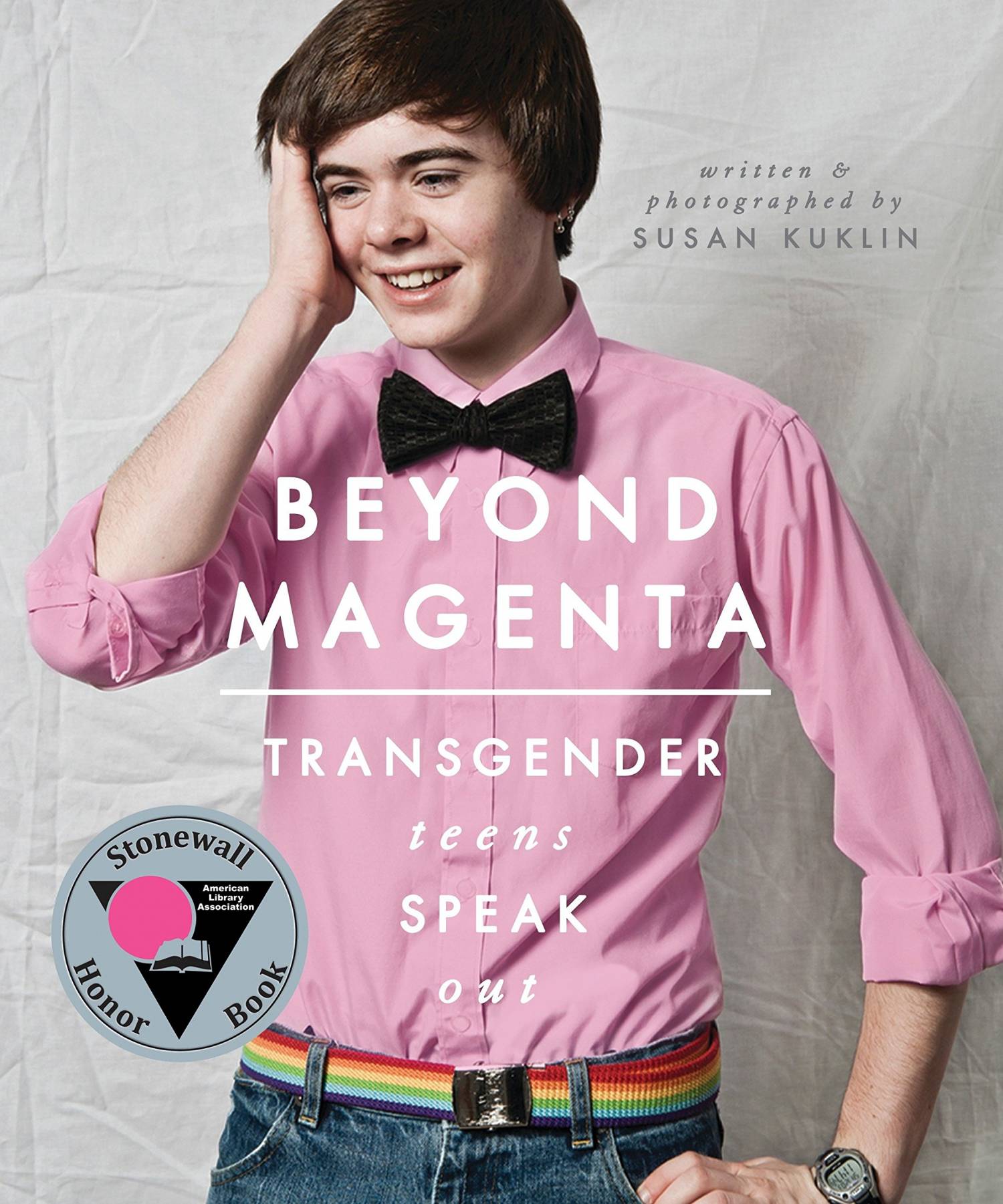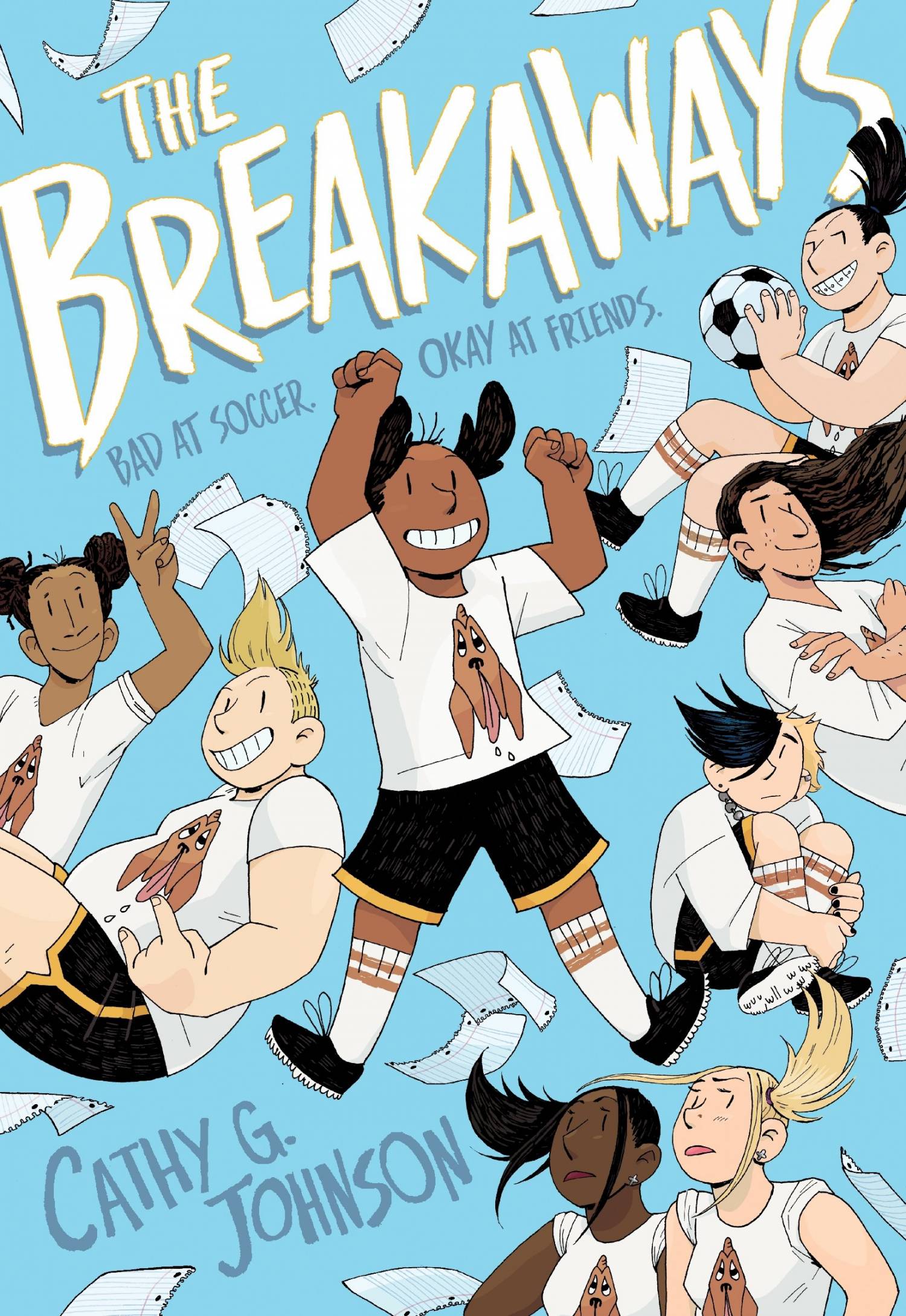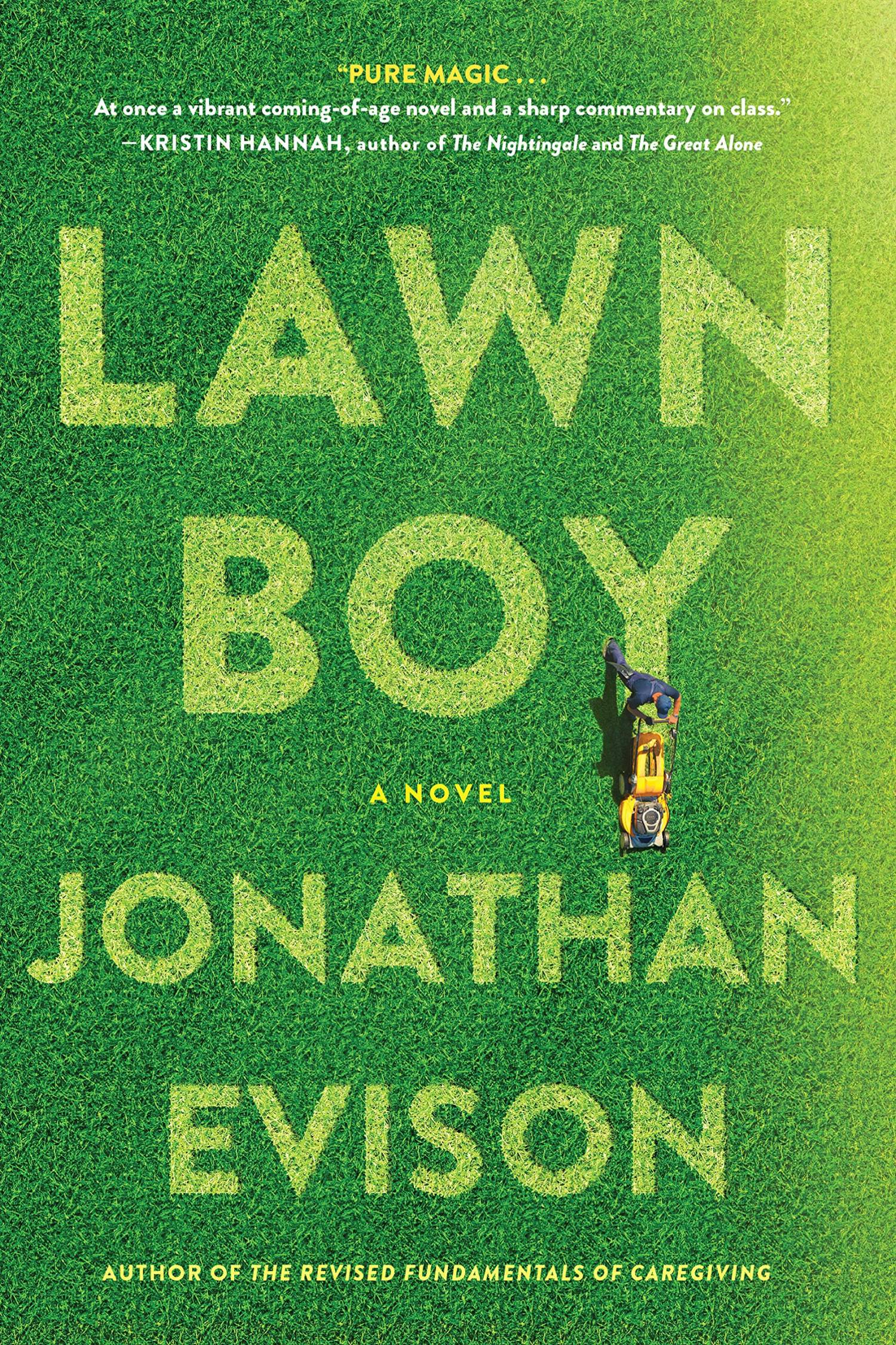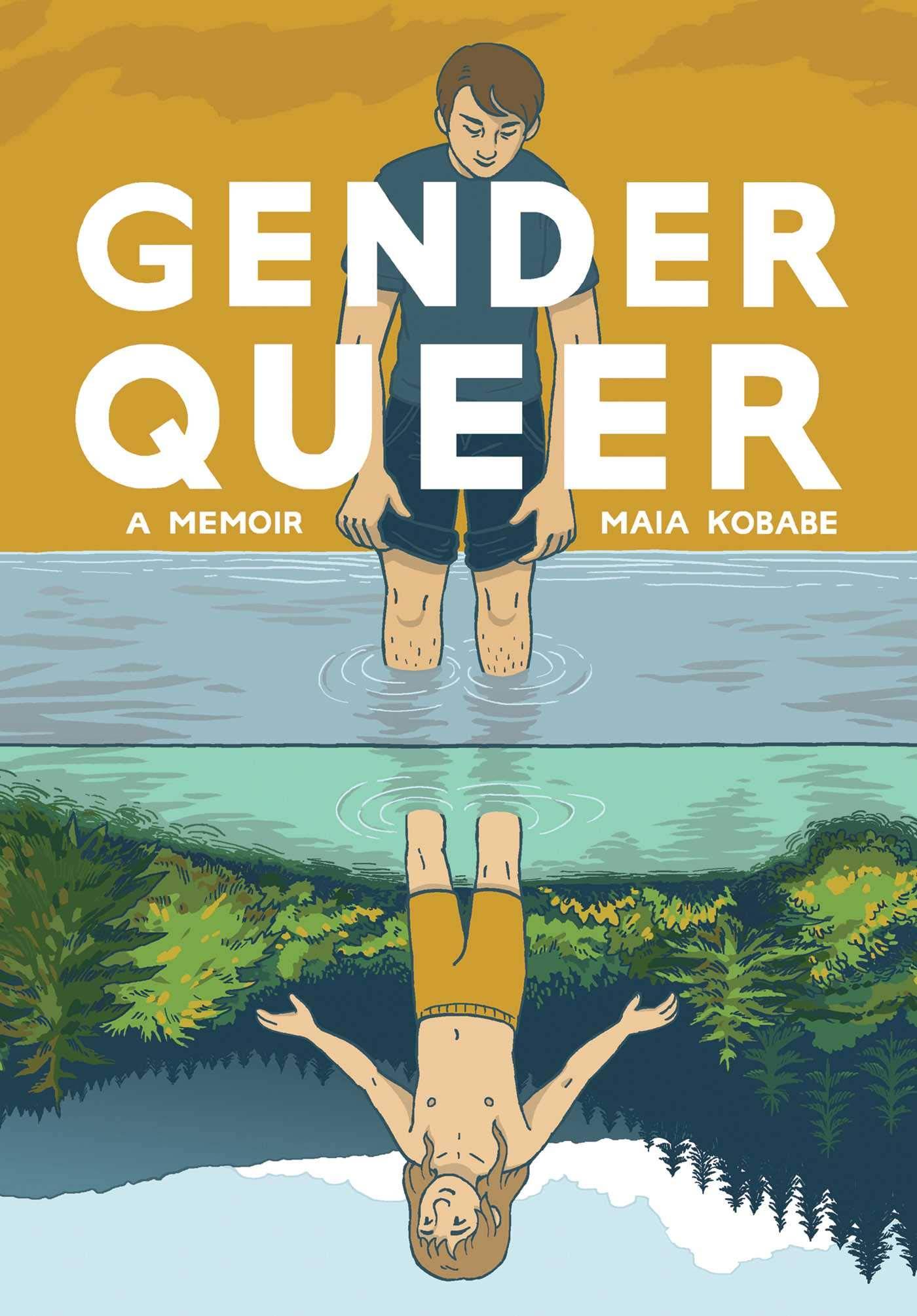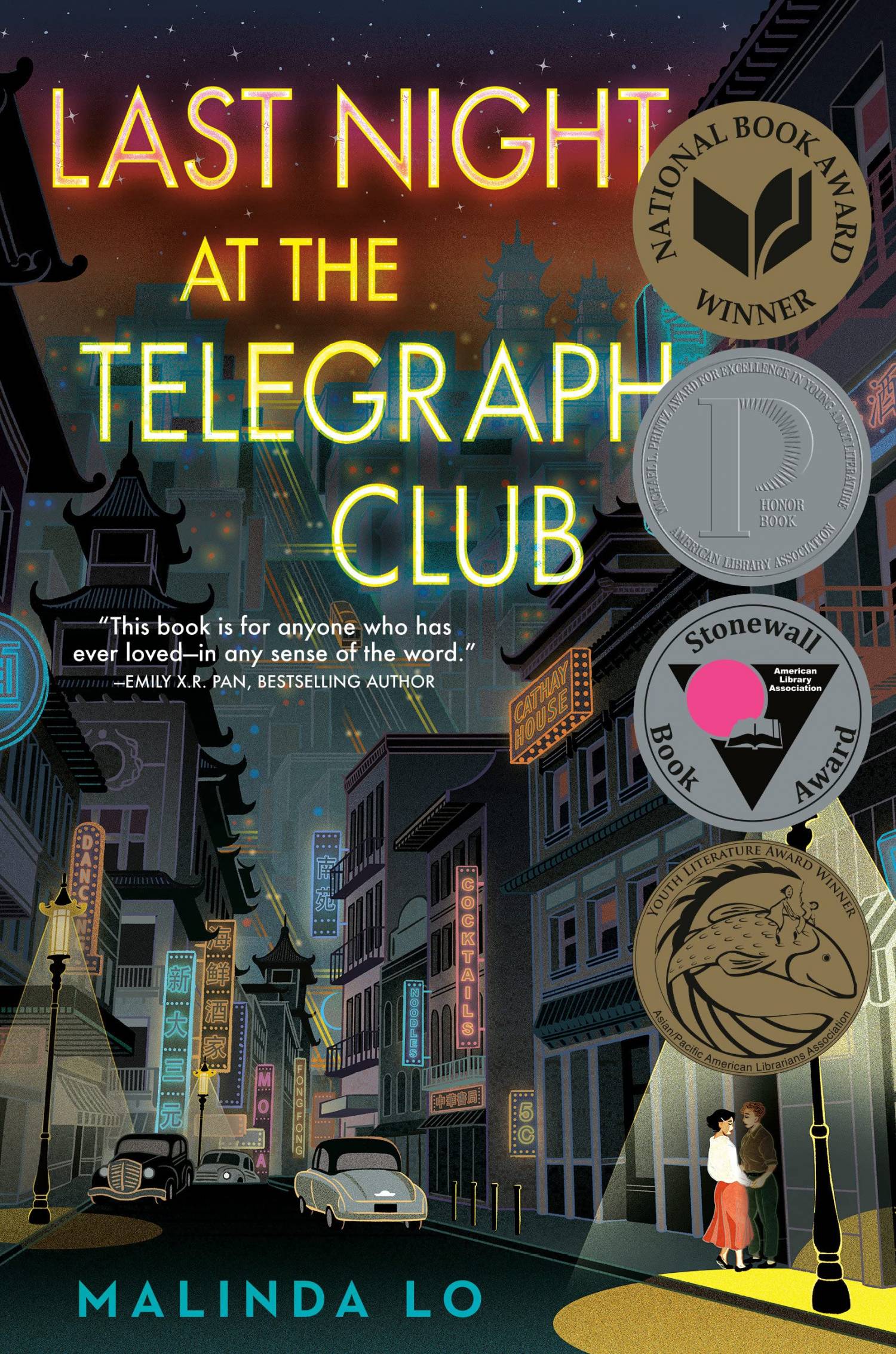By Kellee Terrell
Over the past year, right-wing extremists have passed laws in states and counties that make it illegal for teachers to talk to their students about any history that tells the truth about white supremacy and hatred’s impact on Black people, other communities of color and LGBTQ+ people. To further this archaic agenda, school districts and public libraries have also brought back book banning, ensuring that young people cannot benefit from diverse classics such as Toni Morrison’s Beloved, Robert Coles’ The Story of Ruby Bridges and Angie Thomas’ debut novel The Hate U Give. Let’s call these targeted attacks on teachers, people of color, and LGBTQ+ communities what they are: Government censorship.
According to the American Library Association, there were challenges against 1,597 individual books last year, the highest number since the group began tracking book bans 20 years ago. A PEN America report found that between July 1, 2021 and March 31 of this year, nearly 86 school districts in 26 states have banned books with Texas leading with 713; followed by Pennsylvania (456); Florida (204); Oklahoma (43); Kansas (30); and Tennessee (16). Of those books banned, 379 had LGBTQ+ characters or themes, 84 centered on trans characters or themes and 467 had protagonists of color.
Given that sexual orientation, gender identity and race are interconnected and the fact that four of the six most banned books in the U.S. deal with LGBTQ+ themes, which are all in this list, our community cannot ignore this issue. The bias and mentality behind discriminatory legislation denying LGBTQ+ people of equality is exactly what’s behind the push to strip LGBTQ+ youth’s right to access books that affirm, reflect and center their lives and experiences.
For Banned Books Week (September 18-24), we are highlighting seven powerful and diverse LGBTQ+ banned books that prove that whether on the page or in the fabric of this country, we can never be erased, no matter how hard they try.
All Boys Aren’t Blue (2020) by George M. Johnson
Dubbed a young adult “memoir-manifesto,” this fearless collection of “stories explores the life of a little Black boy from New Jersey, who at an early age knew they were “different.” With each page, readers travel back in time from Johnson’s grandmother’s living room to grade school to HBCU Virginia Union University to witness their moving journey of self-discovery, self-love and, eventually, joy. All Boys has won numerous awards, including a GLAAD Media Award, and was optioned for television by actress and advocate Gabrielle Union.
George, who is nonbinary, has been one of the most banned authors in the country, with more than a dozen states taking their New York Times best seller off its library shelves. Opponents in Florida have gone as far as to try to file a criminal report on them, but Johnson will never be silenced.
“Whether it’s book banning, Florida’s “Don’t Say Gay and Trans” bill, or Texas Gov. Abbot threatening to send parents to jail for allowing their trans children to transition, we are telling our youth that their existence, experiences, and safety don’t matter.” —George M. Johnson (Lambda Legal)
Beyond Magenta: Transgender Teens Speak Out (2014) by Susan Kuklin
Susan Kuklin’s poignant and touching collection of six real-life stories from trans and nonbinary teens is a revelation. Not only does it have a diverse set of characters—half of the teens are of color and all come from varying socioeconomic backgrounds—but the author does what most of her peers wouldn’t. Instead of treating the teens like subjects in an article, they become the storytellers, controlling the narrative in their own words and on their own terms. Even better: Kuklin, a seasoned photographer, uses family photos and candid snapshots to memorialize the teens’ truth and illuminate the realities of their transition.
Beyond Magenta does an amazing job humanizing trans youth and the obstacles and triumphs they experience, unfortunately, the book has been met with resistance, being one of the most challenged books in school districts today.
“I think what we’re learning is the country is more frightened than we thought it was. We’re afraid of going forward. Life is changing, science is making changes, politics are changing —everything’s changing. And we can either choose to grow as human beings or stay the same.” — Susan Kuklin (CBS News)
The Breakaways (2016) by Cathy G. Johnson
In this endearing graphic novel, Faith, a shy eighth grader who wants to fit in, is encouraged by a popular girl to join the school’s soccer team. Never having played sports before, she ends up on the C-Team, a scrappy group that bond over time. Focusing on the power and beauty of friendship, Johnson crafts an adorable and diverse cast of loveable characters and tackles transness and queerness, beautifully.
Despite being geared to 8-14 year-olds, a Houston school district banned The Breakaways in all of their elementary schools for “not being age appropriate” after a parent complained about the trans character. Johnson, who is also a teacher and identifies as queer, “isn’t surprised” but is clear: “It’s something we need to fight against.”
“As Banned Books Week comes closer, I feel very conflicted about being a ‘banned book author.’ Every day there seems to be a new bill derived from hate attacking the rights of trans people in this country. I don’t want people’s activism to start and end with reading my book… Don’t let them deflect your attention away from the people who are actually being harmed.” —Cathy G. Johnson (Twitter)
Lawn Boy (2018) by Jonathan Evison
This semi-autobiographical novel centers on Mike Muñoz, a young Mexican-American man living in Washington State who is responsible for supporting his disabled brother and family. There’s a reason that the New York Times called the novel’s protagonist a “Holden Caulfield for a new millennium.” Throughout this thoughtful, witty and frank coming of age story, Mike faces a slew of obstacles as he navigates the interconnections of race, class, and sexuality.
Thanks to his sharp, funny and thoughtful prose, Lawn Boy was the 2019 recipient of the American Library Association’s Alex Awards. But despite the accolades and stellar reviews, Lawn Boy has been challenged in numerous states for its “profanity and explicit sex” and was eventually banned in Utah. Evison received death threats and was doxxed.
“To those who would ban my book and burn me at the stake because they are ashamed of their own past experiences, or uncomfortable with any non-binary sexual identifications, I hope you find healing.” —Jonathan Evison (NW Book Lovers)
We Are the Ants (2016) by Shaun David Hutchinson
For LGBTQ+ youth who want to see themselves in a different genre, We Are the Ants is the queer science fiction story they’ve been waiting for. Part alien abduction, part coming of age and part doomsday, Hutchinson’s novel centers on Henry, a gay nerdy teenager who is reeling from his boyfriend’s suicide. After being taken, he is given 144 days to save the Earth from alien destruction, but the teen, engulfed with pain and grief, isn’t sure to Earth is worth saving until he meets a new boy. With his razor-sharp characters, wit and innovative story, it’s clear why Kirkus raved that We Are the Ants is “[b]itterly funny, with a ray of hope amid bleakness.”
Despite landing on Time’s “100 Best YA Books of All Time” list, in 2022, We Are the Ants was listed among 52 books banned by the Alpine School District following the implementation of Utah law H.B. 374, “Sensitive Materials In Schools,” which 42 percent of that list include LBGTQ+ characters and/or themes. It was also banned in Texas.
“[School districts] want libraries more worried about lawsuits than about not having the books the kids in their communities need. They want to force teachers to choose between losing their jobs and supporting the students in their classrooms. It’s cruel, and the cruelty is the point.” —Shaun David Hutchinson (Twitter)
Gender Queer: A Memoir (2019 ) by Maia Kobabe
This stunning YA graphic novel, illustrated and written by Kobabe illuminates their real-life journey of coming out as nonbinary. Wanting to have a complicated and realistic conversation about gender identity, Kobabe isn’t afraid to tackle sexuality, puberty, self-pleasure and menstruation. The end result is a bold and brave reflection of self-acceptance and the power of living one’s truth.
While Kobabe—who uses gender-neutral pronouns e, em and eir—has been recognized by numerous organizations, including the American Library Association, the Bay area native has been at the center of a nationwide battle with dozens of school districts. But e continues to fight on, given that there are people out there “questioning their gender identity” who need a “vital” and lifesaving” book like Gender Queer.
“When you remove those books from the shelf or you challenge them publicly in a community, what you’re saying to any young person who identified with that narrative is, ‘We don’t want your story here.’” —Maia Kobabe (The New York Times)
Last Night At The Telegraph Club (2014) by Malinda Lo
Set in 1950s San Francisco, this whimsical YA romance centers on Lily Hu, a 17-year-old Chinese American girl with dreams of going to space who realizes that she might be queer. After meeting a new friend who may also have same-sex attraction, she explores this first love at a local lesbian bar, the Telegraph Club, under the fear of homophobia, McCarthyism, and her father’s possible deportation. This sweeping National Book Award and Lambda Literary winner is a stunning account of what happens when the times, one’s culture, sexuality, and racism collide.
Lo, whose work has mostly focused on LGBTQ+ themes, is no stranger to having her books caught in the crosshairs of her detractors—Ash, A Line in the Dark and Last Night At The Telegraph Club have all been challenged by school districts over the years.



